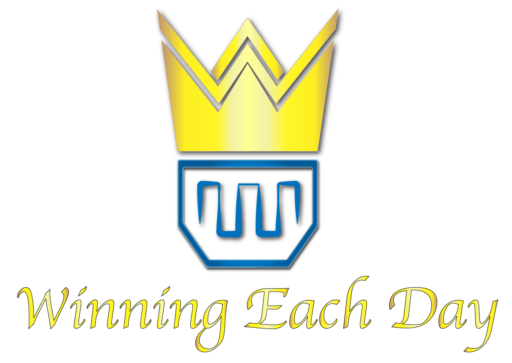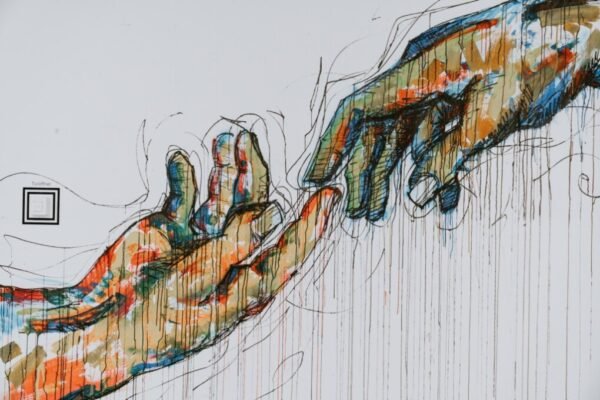|
LISTEN TO POST:
|

Language as a Shaper of Cultural Evolution
Language has always been a driving force behind cultural transformation. Throughout history, from the Segregation Era to the rise of technology, language has reflected societal norms and helped mold cultural identities. These shifts in language are not isolated events; they are woven into the collective experience of people, affecting how they see themselves and the world. As society evolves, language not only records these changes but actively shapes the values and ideas that drive cultural progress.
The Intersection of Language and Institutional Influence
In many institutions, particularly the Church, language has been a tool both for progress and oppression. Historical ideologies like racism, sexism, and ageism have been ingrained in institutional language, influencing how people communicate and engage. However, moments of cultural reflection, such as during the Black Lives Matter movement, have challenged these harmful legacies, encouraging institutions to critically analyze their language and align it with values of justice, equity, and spiritual authenticity.
The Dual Power of Language: Healing and Harm
Language has the profound ability to either heal or harm. In cases of abuse and leadership failure, like those seen in prominent churches, the way language is used can perpetuate damage. On the other hand, when used correctly, language can become a tool for restoration and growth. In society, the words we choose can uplift or divide, making it essential to focus on language that fosters unity, truth, and healing, especially in times of conflict or crisis.
The Role of Language in Personal and Collective Transformation
Learning a new language is much like personal transformation: it requires intention, practice, and openness to change. In the broader society, individuals must continually refine the way they communicate to reflect deeper values of empathy, kindness, and truth. Much like in the Church, where believers aim to speak more like Christ, society as a whole benefits from reevaluating the language it uses in everyday life to promote understanding and mutual respect. Language has the power to catalyze both personal and collective growth.
Language as a Catalyst for Cultural Change
The impact of language extends beyond communication—it can shape entire cultures. Just as a single idea can spark innovation, language can inspire movements, create new cultural norms, or challenge existing structures. In contemporary society, language is a vehicle for social change, capable of igniting discussions around justice, equity, and identity. The ability to harness language for positive cultural shifts is one of society’s most powerful tools for progress.
Building a Future Through Intentional Language
Society is at a crossroads, where the language we choose will shape the future we build. Like architects of culture, we must carefully evaluate our words to ensure they reflect the principles of justice, compassion, and truth. As language constructs societal norms and values, it becomes crucial to be mindful of the messages we send, particularly across diverse communities and generations. The goal is to create a language of inclusion, hope, and purpose that fosters a thriving, equitable culture for all.
DISCLAIMER: This is a paraphrase of a Major paper submitted to Doug Frederick of Summit Pacific College in partial fulfillment of course requirements. Access full text and references below.














